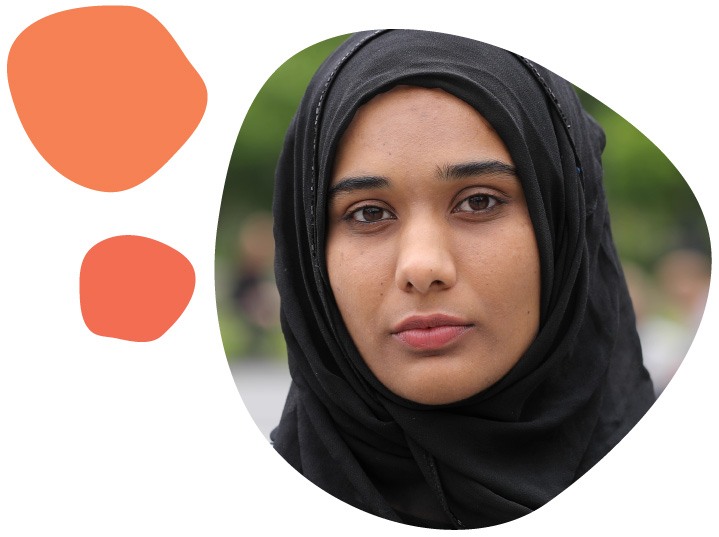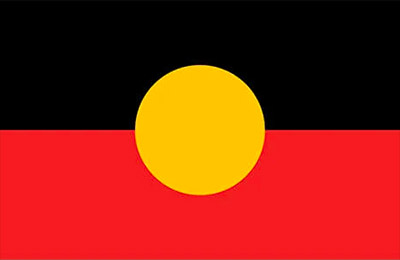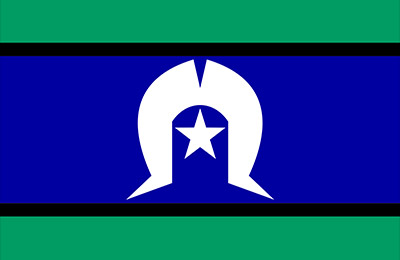Specialist domestic and family violence services have a long history of providing invaluable support to women and children experiencing, or at risk of, domestic and family violence. Services are highly skilled in the provision of advocacy, risk assessment, risk management, safety planning, counselling and a range of other services that support victim safety and perpetrator accountability. They place the needs of victim-survivors at the centre of their practice.
Specialist domestic and family violence services are designed for all women, from diverse backgrounds and individual experiences, and there are culturally secure specialist services available.
There are a diverse range of specialist domestic and family violence services that provide crisis and ongoing services for women and their children throughout Western Australia. Some commonly available services include:
In Western Australia there are also a range of men’s programs and support services for men who use violence. For more information on these programs please visit the Stopping Family Violence website. Stopping Family Violence is the peak body, non-for-profit organisation in Western Australia developed to support all sectors and services involved in responding to perpetrators of domestic and family violence.
Victim-survivors have quite a few options, from obtaining a Family Violence Restraining Order to staying in a women’s refuge, exploring options with specialist agencies who provide advocacy, support and counselling, or making an anonymous call to a crisis line such as 1800 RESPECT.
Are an available option if it’s not an emergency and someone requires support.
These numbers are available 24 hours a day, seven days a week.
This 24-hour national sexual assault, family and domestic violence counselling line for any Australian who has experienced, or is at risk of, family and domestic violence and/or sexual assault.
Provides support and counselling for women experiencing family and domestic violence (including referrals to women’s refuges)
Information and counselling service for people in crisis needing urgent help.
Call 1800 199 008Provides a range of free services to people affected by sexual violence.
Provides counselling and referrals for male perpetrators, as well as male victims of family and domestic violence.
24/7 support for men and boys dealing with family and relationship difficulties. Support for men who are concerned that their behaviour is hurting the people they care about.
Call 1300 78 99 78If you are assisting someone who does not speak English, first call the Translating and Interpreting Service (TIS) on 13 14 50. They can connect you with the service of your choice and interpret for you.
Please note there may be a cost associated with this service. More information is available from www.tisnational.gov.au

Women’s refuges provide a safe place to stay for women and their children. These are located across Western Australia and they provide safety, support, advocacy, access to counselling and legal support, and other resources to help women and their children.
Specialist domestic and family violence services are also available in Perth and regionally. They offer a variety of support, advocacy and counselling services.
Technology can be used by victim-survivors to increase safety and privacy.
It can also be misused by perpetrators to harass, abuse, or harm victims and/or survivors.
Find information, including resources and toolkits, related to technology-facilitated abuse and safety at www.wesnet.org.au or the eSafety Commissioner.
Financial abuse is widespread.
Learn more about rebuilding from financial abuse and supports available from www.moneysmart.gov.au/financial-abuse or www.yourtoolkit.com.au
Find state-specific legal information related to family violence restraining orders, child custody, your rights, immigration, and more.
Legal Aid WA www.legalaid.wa.gov.au, Aboriginal Family Law Service www.afls.org.au or Women’s Legal Service WA www.wlswa.org.au or seek out your local community legal centre.
Website Legal Aid WA
Website Aboriginal Family Law Service
Website Women’s Legal Service WA
Elder abuse supports and resources can be found at www.cotawa.org.au/elder-abuse
Our key work is to build and maintain our role as a key co-design partner of the domestic and family violence services system, advocate for further development and system reform, and support domestic and family violence sector development and engagement. We provide a coordinated voice to improve outcomes in the prevention of, and response to, violence against women and their children. Our work is based on a feminist philosophy, that is, gender-based violence is largely a product of historical, socially constructed gender roles; specifically, notions of masculinity and the political, economic and social factors that give men power over women.
The Centre for Women’s Safety and Wellbeing does not deliver direct services.
We engage with the specialist domestic and family violence sector to ensure services have the capabilities needed to deliver positive community outcomes and collaborate to achieve greater collective impact. We develop mechanisms to ensure that the voices of victim-survivors are heard and inform the development of best practice, and the evolving domestic and family violence system.
We work as a key partner with the WA Government and other stakeholders to implement Path to Safety, Western Australia’s Strategy to Reduce Family and Domestic Violence. Our work is underpinned by the understanding that the responsibility for preventing and responding to domestic and family violence goes beyond specialist family and domestic violence services and requires a whole of system, whole-of-government approach and an integrated family and domestic violence system.
We recognise domestic and family violence is an intersectional issue driven by complex hierarchies of power, privilege and oppression with far-reaching impacts that reinforce structural disadvantage and marginalisation. We listen, learn from and respond to communities who face particular challenges and whose experiences of violence are shaped by intersecting factors.

The Centre for Women’s Safety and Wellbeing acknowledges Aboriginal and Torres Strait Islander peoples as the Traditional Custodians and first peoples of Australia. We recognise the impacts of colonisation and dispossession and the contemporary disadvantage experienced by Aboriginal and Torres Strait Islander peoples. The Centre for Women’s Safety and Wellbeing is committed to working alongside Aboriginal and Torres Strait Islander women and men to end violence against their women and children in Western Australia.
The Centre for Women’s Safety and Wellbeing acknowledges the strength and resilience of adults, children and young people who have experienced family and domestic violence. We pay respects to those who did not survive and acknowledge the families, friends and communities who have lost loved ones to this preventable and widespread issue. We are committed to ensuring responses to family and domestic violence are informed by lived experience.
The Centre for Women’s Safety and Wellbeing recognises, welcomes and respects people of diverse gender, sex and sexuality. We are committed to greater inclusion of lesbian, gay, bisexual, transgender, intersex and queer people (LGBTIQ).



Use the quick exit button on the top right, or:
On a mac, press ⌘ and W together
On a windows, press Ctrl and W together
To remove all traces of you visiting this website, please clear your browser history.
To learn how to clear your browser history, please click here.